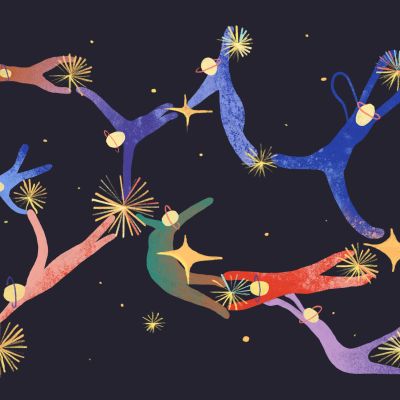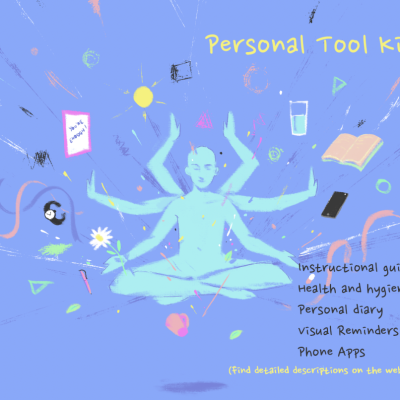Mental Health
The conversion of the noun (adult) into the verb form (adulting) implies that ‘adulting’ is more performance than inevitability. Which is to say, there is no intrinsic understanding of ‘adulting’; it is something that can be learnt over time.
But self-care is not a clean and happy procedure, it is not definitively achievable when systematically explored. To understand the scope of self-care we need to see the ‘dark side’ of the landscape, and destroy the versions of self-care that denounce our plurality. In this fight, the only outcome can be a recognition of experiences beyond the wellness narrative structured around the neoliberal agenda. This article is an attempt at foregrounding some aspects of self-care that decentralise the prevalent commodification of it.
But self-care is not a clean and happy procedure, it is not definitively achievable when systematically explored. To understand the scope of self-care we need to see the ‘dark side’ of the landscape, and destroy the versions of self-care that denounce our plurality. In this fight, the only outcome can be a recognition of experiences beyond the wellness narrative structured around the neoliberal agenda. This article is an attempt at foregrounding some aspects of self-care that decentralise the prevalent commodification of it.
Any narrative that we construct, any single word that we use to describe a person, a relationship, an individual is bound to be incomplete.
The pandemic has put us through interesting times, to say the least – of reflecting, learning, realigning, thinking about what really matters, a time to pause and care for ourselves with kindness. At TARSHI, we’re just delighted to have been able to do the same – while also sharing something of what we’ve learnt with you.
Singleness represents eschewing all that patriarchy imposes on us in the name of emotional and financial protection. Women who decide not to marry defy age-old ‘wisdom’ mixed with terrible psychological and biologically-backed explanations.
The short-lived thinness had left me before I knew it. I became fat, and thereby undesirable, once again. A chasm appeared in my relationship with my body. Its ways of responding had become strange. My form became unfamiliar to me, and to those around me.
In a country like India where both mental health and non-binary identities are topics that are neglected despite being essential parts of an individual’s identity, it can be quite challenging to navigate through issues regarding the same. Accessibility to affordable and quality mental health services is a serious difficulty that the queer Indian population faces.
Therapy gives us tools and time, but the actual work of dismantling the forest is ours as we are the only persons with access to that forest. So queer affirmative therapy validates our beliefs and helps us identify the poison, cut it down, dissect it, unroot it.
Therapy is a space to heal and grow. It helped me to accept my identity as an anxious, cisgender, South Asian, bisexual woman. Moreover, I have come up with the perfect response next time someone asks me, “But why do you think you are bisexual?”
I am not pleased about everything that happened, but I accept that these are my experiences. I accept that I have grown through them, built more invisible muscle. Most of all I accept that it is with the help and support of a diverse array of souls, relationships, and ordinary chuff-chuffing that I can do and be many of the things my spirit is; my life is more than the parts that panicked, and I accept and look after those bits too.










